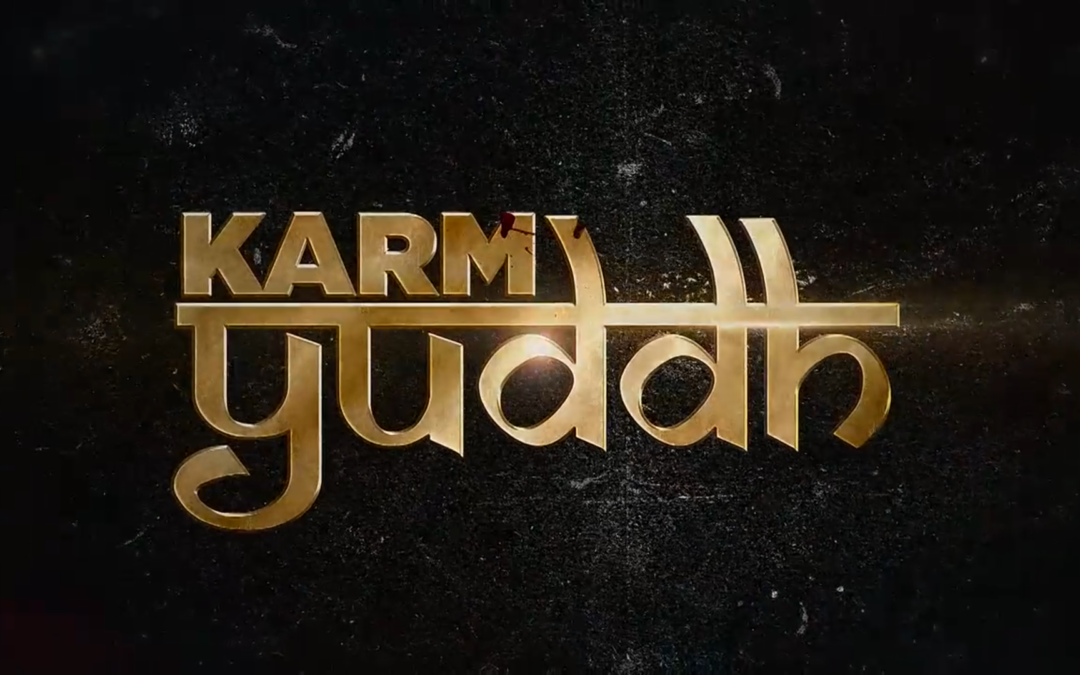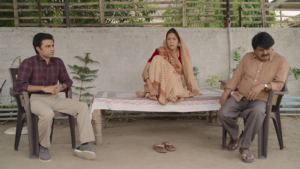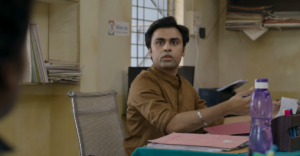Have you seen a moment in Disney+Hotstar’s trailer where a savvy but dishonest TV journalist chastises his crew by questioning the cost of some unrelated object they own? It is none other than the new web series named Karm Yuddh.
He shouts ineffectively at a few men and women who are embarrassedly staring at the ground, “Jab shauk mein koi kami nahi hai toh kaam main Kyun.” This scenario implies a programme that isn’t hesitant to use a wilder, more unrepentant template to represent its reality. The issue is that none of it is written with the conviction that it will eventually give way to anything other than frothy, loud debates. Karm Yuddh is a well-known tale of inter- and intra-family strife set among Kolkata’s elite, but it falls short of its promise and, shamefully, has a flattering cast of some very talented actors. The Roys are a prosperous Kolkata family in transition; Karm Yuddh is about them. The apparent heir to the Roy family business, Indrani Roy, is at odds with her unwell husband’s brother, Bisham.
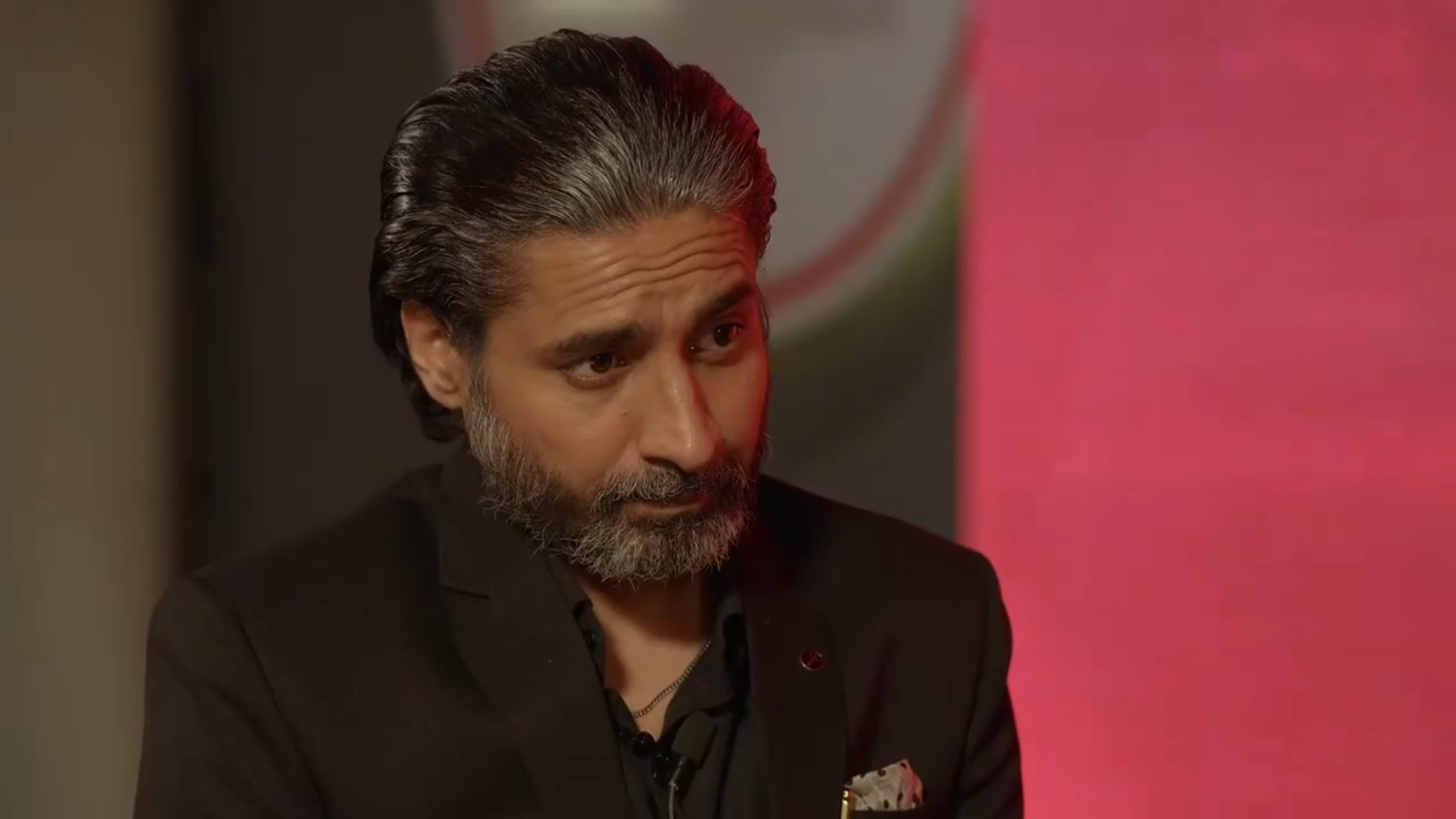
Abhimanyu, Indrani’s son (Ankit Bisht), is a spoiled character. In a scene from the show, he gives a woman a forced kiss before pursuing her with the sparkle of a romantic who is aware that everything happened as part of God’s plan to unite the two. You’ll squirm since neither the poison nor the sudden charm return is justified or correctly delivered. This man tells the woman he raped, “Karna main Sahi Chahta hun par aag lag jati hai yaar.” There is nothing wrong with including toxic characters in your story unless you want the audience to accept their transformation into swoon-worthy romantics.
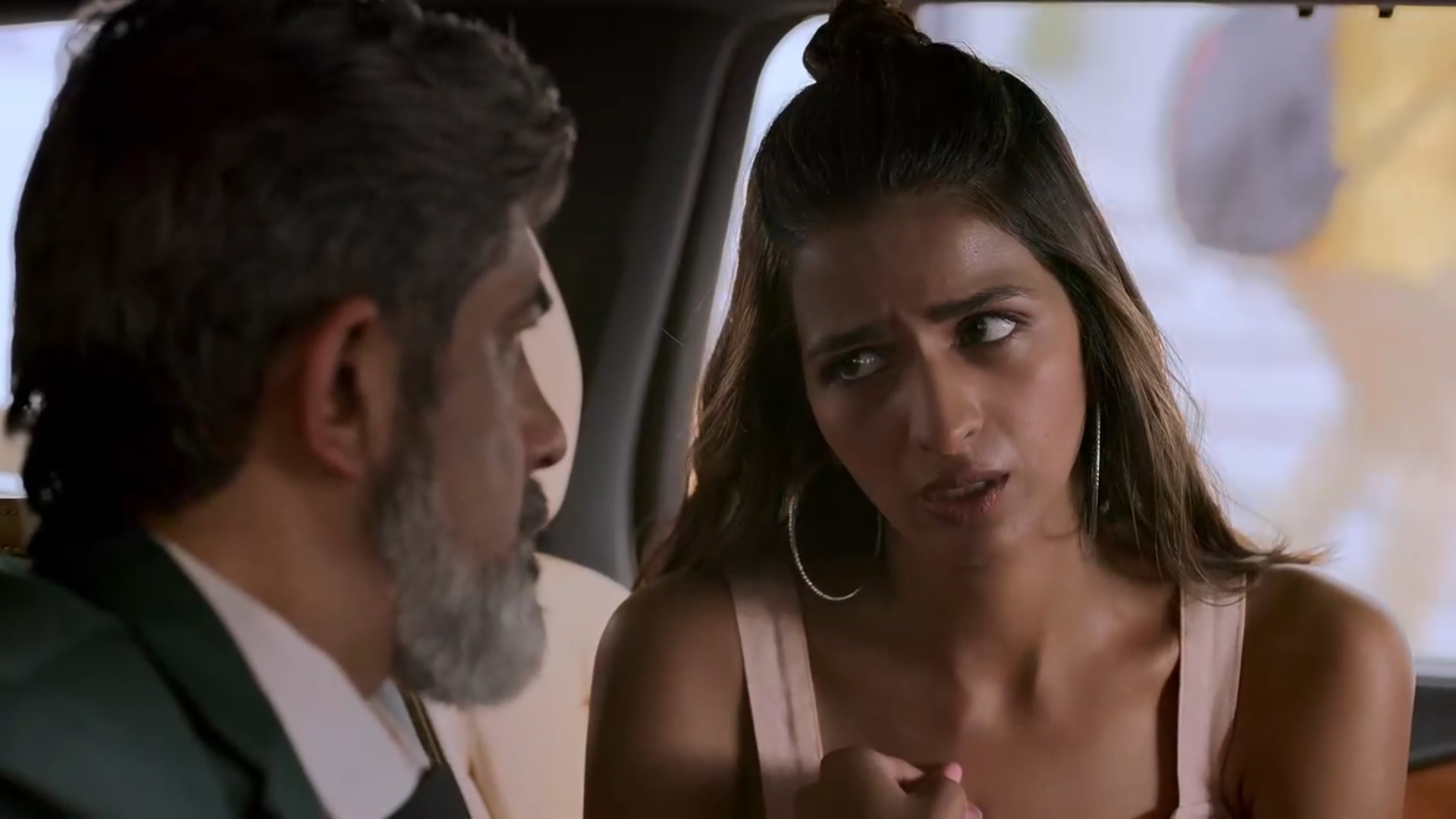
One of the shows from the murky world of unpleasant changes from the 90s TV era is Karm Yuddh. A few of the concepts presented here, the playacting and the characterisation, predate cable television. There is hardly anything to say about the setting and the atmosphere other than the surnames and the cursory political context. The biggest issue with the programme is not that it follows a formula that has been done to death but can’t even adhere to the Succession-like power grab at its core. Instead, it attempts to make media-related commentary, make a meaningless claim about adolescent love, and trash the history of gruesome battles by clumsily utilising it as a plot device.

